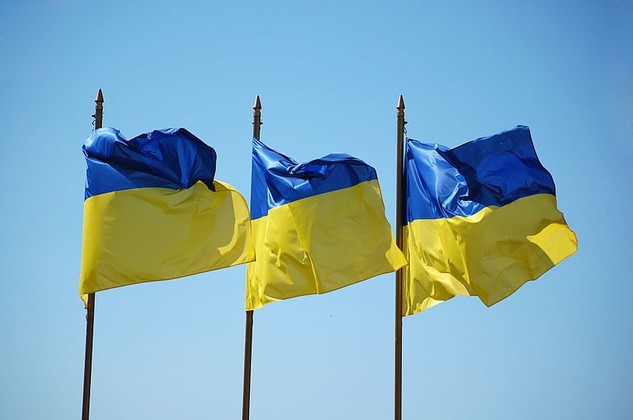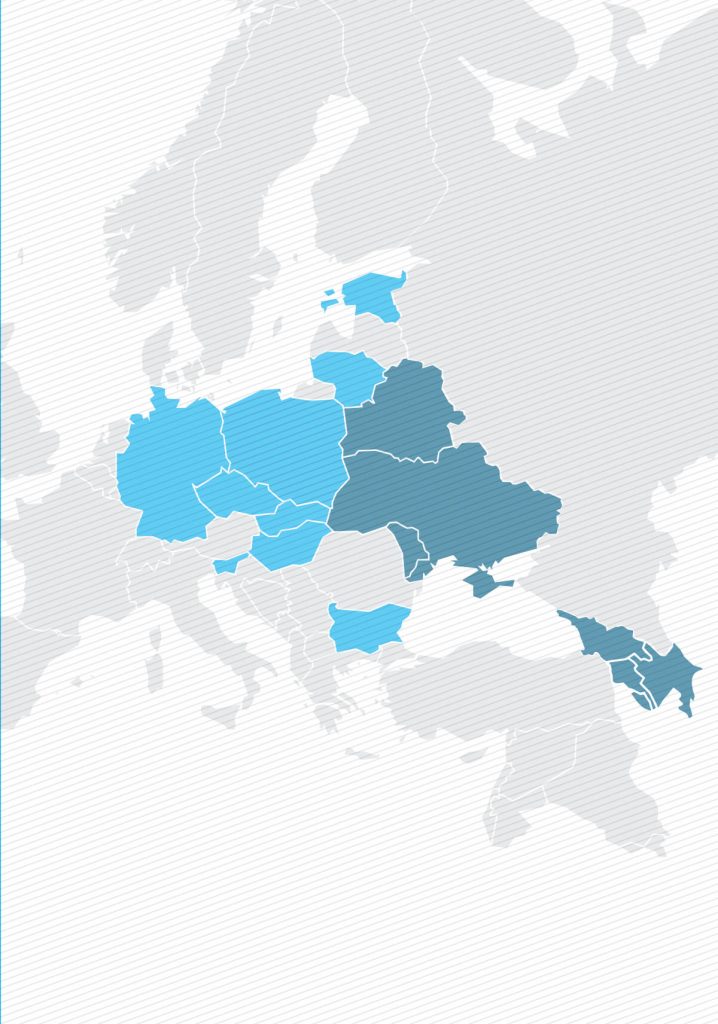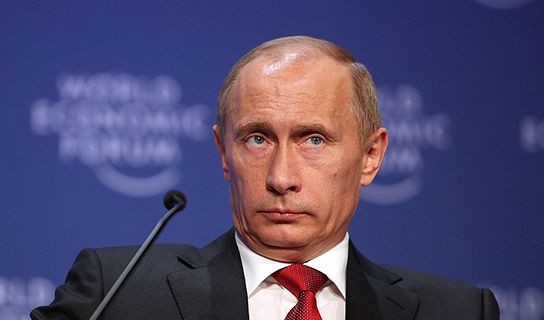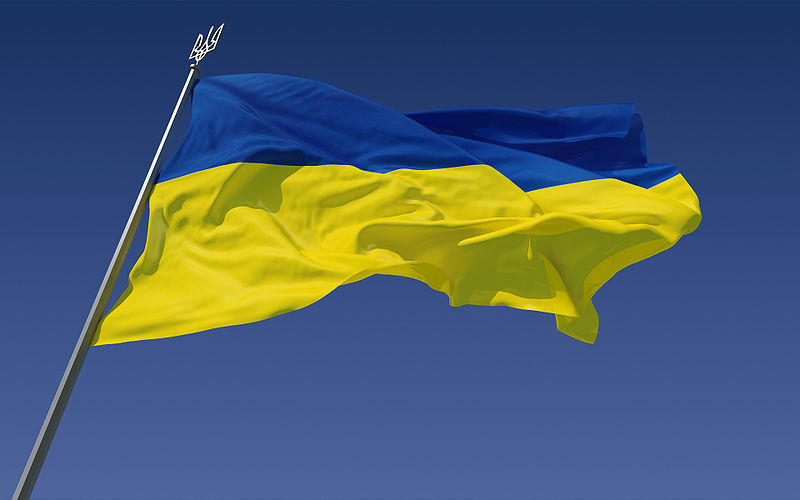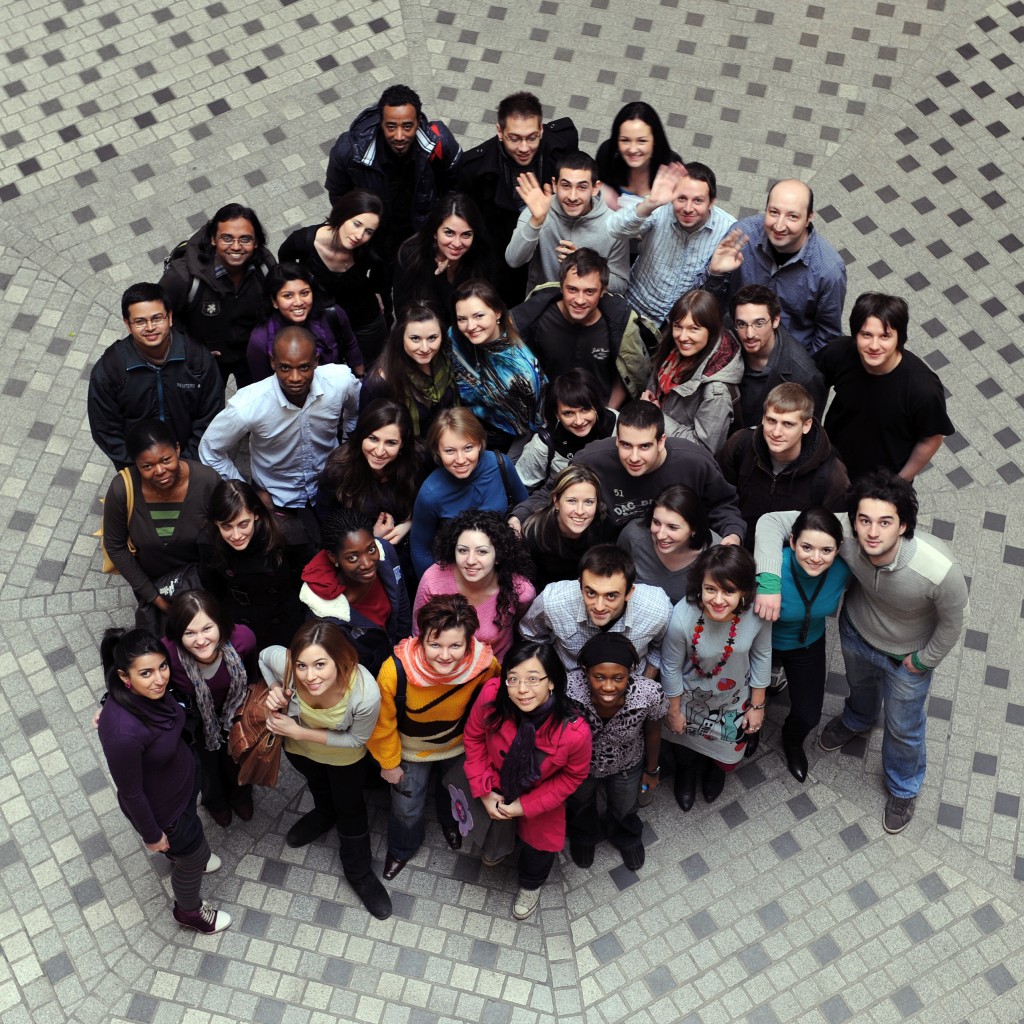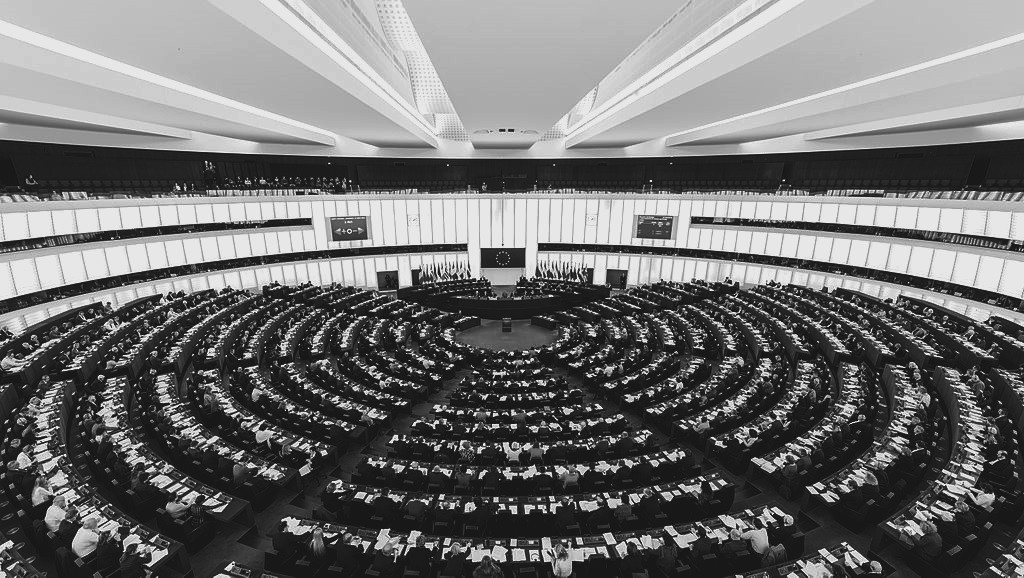
Stop That Carrousel
BY
Jan Oravec / January 27, 2015
Carrousel of changes at the Slovakian Ministry of Education is not an anomaly but rather an illustration of the instability and unpredictability, which in public sector seems to be adopted as systemic solution.



